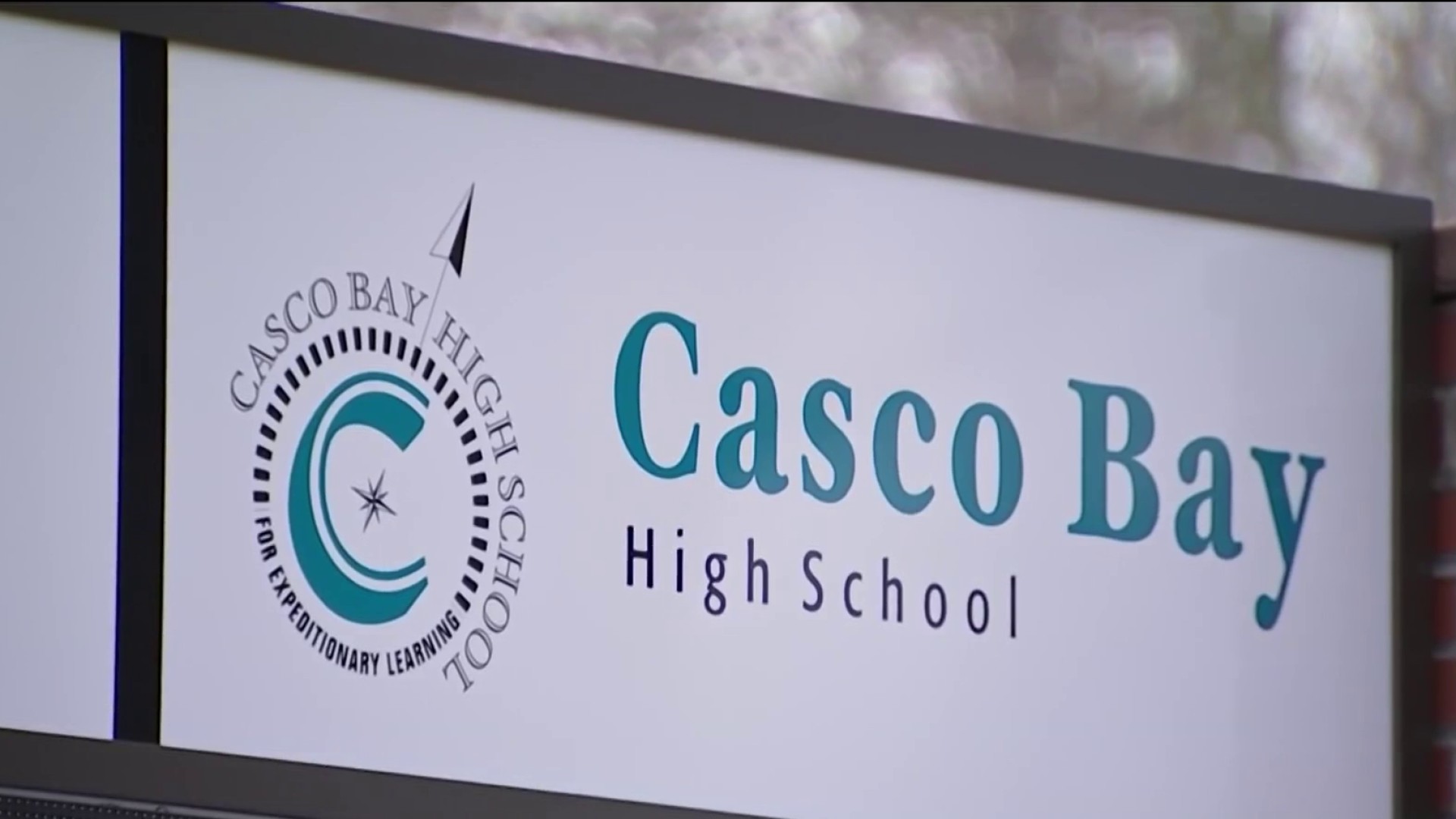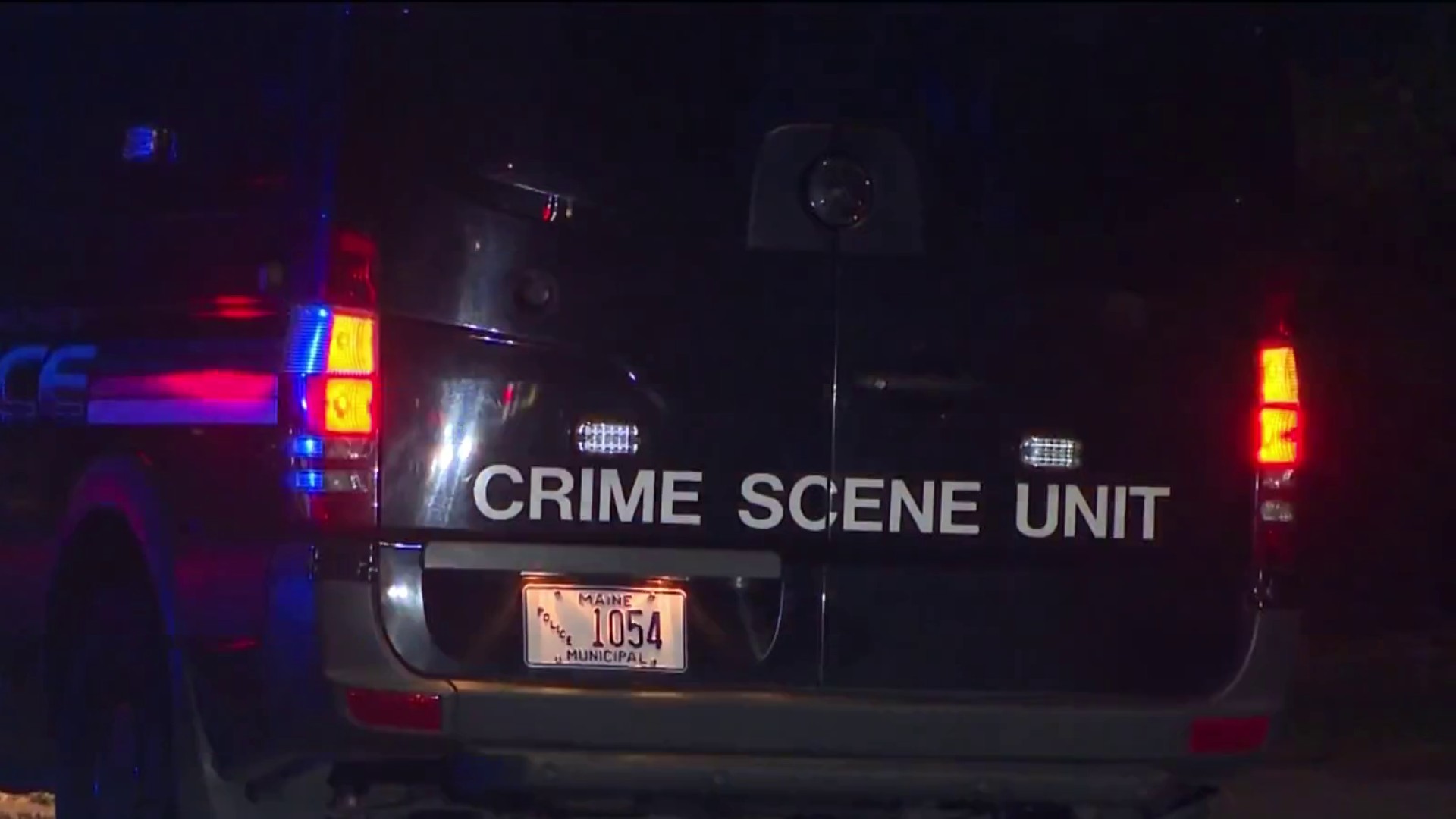A $474 million winter heating relief proposal in Maine that would have provided hundreds of dollars to most families has failed in the state Senate.
On Wednesday, Maine lawmakers in the state legislature took up a plan negotiated by the state’s governor, Janet Mills, and bipartisan lawmakers to send direct payments of $450 to approximately 880,000 individuals living in Maine as emergency relief for high heating and electricity bills. It would add up to $900 total for an average family.
WATCH ANYTIME FOR FREE
>Stream NBC10 Boston news for free, 24/7, wherever you are. |
The measure passed in the House but did not make it through the Senate. According to NEWSCENTER Maine, the Senate voted 21-8 in favor of the bill, but it did not clear the two-third majority needed.
Senate Republicans released the following statement to NEWSCENTER Maine:
“After a bipartisan vote in the Senate to send LD 1 to the Appropriations and Financial Affairs Committee for a public hearing, Senate Republicans stand ready to deliver assistance to Maine’s most vulnerable people with speed, accountability, and transparency,."
Get updates on what's happening in Boston to your inbox. Sign up for our >News Headlines newsletter.
Gov. Mills laid blame for the failure to pass at the feet of a small group of Republican lawmakers.
“The plan I proposed incorporates the feedback of Republican and Democratic leadership in the Legislature. It builds on the nation-leading inflation relief measure we delivered earlier this year – and it is the fastest, most direct way to get help to Maine people as we work to bring down energy costs in the long-term. Tonight, a minority of the minority choose to reject this help for Maine people," Mills wrote in a statement.
Mills said she will continue to look for solutions to the issue as winter approaches, saying she was "deeply concerned" about the impact of higher energy costs on Maine residents.
"We must ease the burden by putting money back into their pockets so they can better afford these energy costs and ensure that our most vulnerable citizens are able to stay warm this winter," Mills said.
Lawmakers made a similar move last year, using about half of the state’s $1.2 billion surplus to send refund checks to about 850,000 taxpayers for inflation relief.



